
During the 1970s, the Pop Chain competitions in Accra were a major entertainment event featuring schoolboy bands playing Afro-rock and highlife; the ‘boybands’ also covered African American music whose influence was palpable in the array of musical styles in the form of R&B, soul, funk.
It must have been 1975 or 1976, and I remember Nenyi staying at our house in Accra that summer as he and my brother, Yoku Otu, prepared to play at the Pop Chain that year. Nenyi and my brother were ‘bandboys’ representing Mfantsipim. I was too young to go to the event, but I recall the excitement and thrill I felt that my brother and my cousin were playing at Pop Chain. The memory of that summer is vivid.
By the time he enrolled in Mfantsipim School, Nenyi was a skilled guitar player. I heard him many times play his acoustic guitar that summer of the Pop Chain, In his first CD album in 1994, Nenyi would memorialize the experience of the summer in a rompy song titled ‘Pop Chain’ featuring an upbeat bass and melodic trumpet and percussion arrangements; when I heard the song, I imagined evenings in Accra in late July.
Nenyi studied at Berklee College of Music, and there he met Bill Macpherson, with whom he created beautiful and meaningful music in the genre of African Jazz, many of which are evocative. Before completing his music studies at Berklee, Nenyi also studied at Brigham Young University, and there, according to the notes of his first album, Nenyi played with Sam Cardon and Michael Dowdle. I saw Nenyi many times during this period, but I particularly recall our conversations at two sad events during the late 1980s to mid-1990s: the passing of my brother Yoku Otu and Nenyi’s brothers Dr Egya, and Nana.
Nenyi dedicated his first album to Egya and Nana. This album heralded his talents as a composer and performer and his style of playing highlife rhythms layered with jazz. The song ‘Winneba’ is nostalgic, with a fervent trumpet introduction, the song takes you to the unhurried ambiance of Nenyi’s hometown, with a buzzy horn sound (from the trumpet mute). The bassline is steady and resounds with a yearning feeling. In his second album, he composed a number with a soulful horn melody accompanied by a strapping bassline titled YST which was in memory of Yoku Otu. Nenyi and Bill would release seven albums together with a suite of songs under the name Native Vibe. My ear hears Nenyi’s soft touch of the bass and a style of play that always seems to take you someplace easy in many of his songs like the storyline in his song ‘Overlook Road’ (1996), “ ‘Now’s it the time’ (2008) and ‘One for the Road’ (2013) when he accompanies the horns and the lead guitar with mellow movement on the bass. Native Vibe reimagined Ghanaian Jazz, African Jazz.
When Nenyi played with his brother, Kweku Bondzi, (KB, aka Kabudi), their interpretations of highlife was a delightful blend of lyrical songs in Fanti and English and instrumental pieces in highlife; I saw and heard Kabudi and his band perform at the Mfantsipim Old Boys Association Meeting in Washington DC, which was also attended by then UN under-Secretary General, Kofi Annan. Nenyi and Kabudi’s project from 2017, titled ‘Brothers,’ showcases their collaborative efforts.
For me, the song ‘One Day at a Time,’ is an expressive poetic piece with references to my Auntie Elsie, whom we all affectionately called ‘Mmaa.’ Written by Kabudi, the song’s gentle guitar melody combines with Nenyi’s balanced bassline and a restive percussion beat. Every time I listen to this song, I am taken way back to summers in Accra in the 1970s, and to family gathering at 2929 Benton Place in Washington DC, which was the residence of Uncle Alex (Mpaa), Nenyi’s father and Ghana’s Ambassador to the US at the time.
In my conversations with Nenyi, he shared that he was one of the judges of Ghana’s Got Talent show when the programme started in Ghana, and he played gigs in Ghana with local artists when he visited Ghana. Nenyi told me in April 2023 that he was relocating to Ghana permanently, he said, “I am going to enjoy Winneba.” I recall that the last time I saw Nenyi perform was at Yaaba’s wedding in Connecticut…
I cannot get over the pain I felt when I talked with Awo about his passing. Nenyi had so much music in him, I recall those heady days in mid to late 1970s in Cape Coast at Mfantsipim School, when I was in form one and Nenyi was in form four and he would come to my dorm to check on me. How can I forget those years at Kwabotwe? In his first album, titled “My Father’s Son, My Brother’s Brother,” Nenyi had managed to retell our lives in the songs he performed, In the same album, Nenyi produced an orchestral version of the song ‘Da Yie,’ written by his grandfather, composer and organist O.G. Blankson, whose choral music is well known in Ghana.
I am heartbroken that Nenyi passed away so soon. His project to fuse jazz with African rhythms coincided with the evolution of Afrobeat and world rhythms. Nenyi’s style was an avatar of this fusion and electric African jazz; he labored with passion in this space. This tribute is written way too soon, too early for Nenyi. Nenyi Da Yie.
Explore the world of impactful news with CitiNewsroom on WhatsApp!
Click on the link to join the Citi Newsroom channel for curated, meaningful stories tailored just for YOU: https://whatsapp.com/channel/0029VaCYzPRAYlUPudDDe53x
No spams, just the stories that truly matter! #StayInformed #CitiNewsroom #CNRDigital
The post My Brother’s Brother: A Tribute to Nenyi Quaison-Sackey appeared first on Citinewsroom - Comprehensive News in Ghana.
Read Full Story
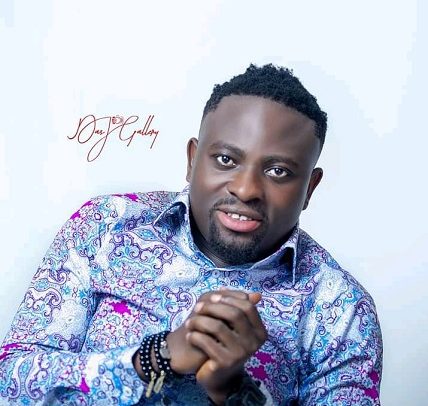

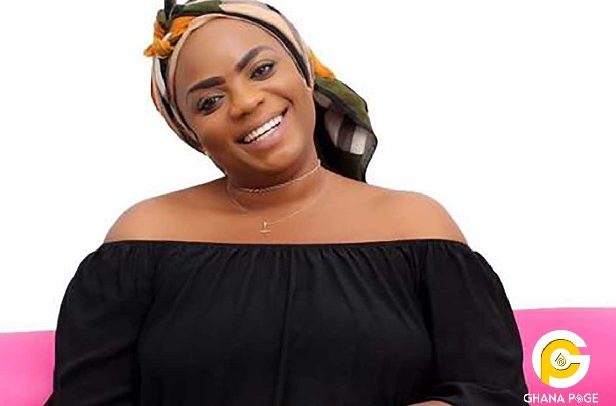

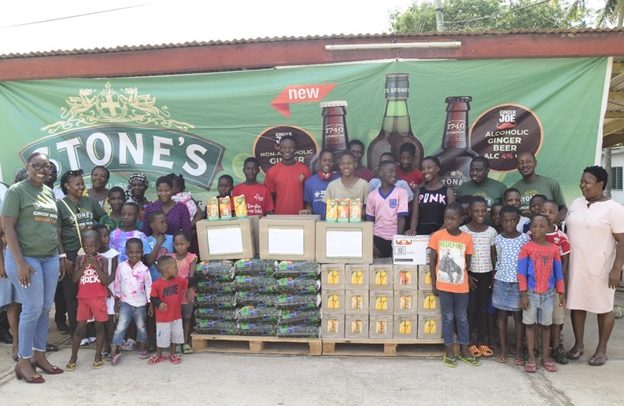

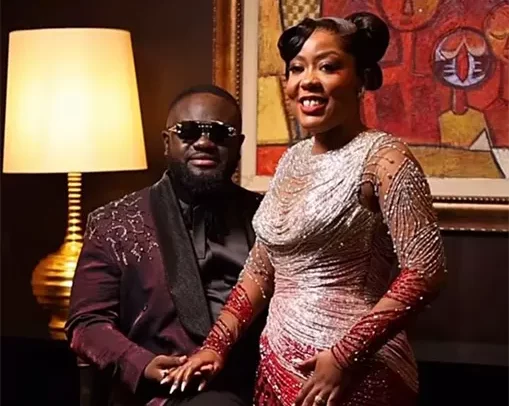






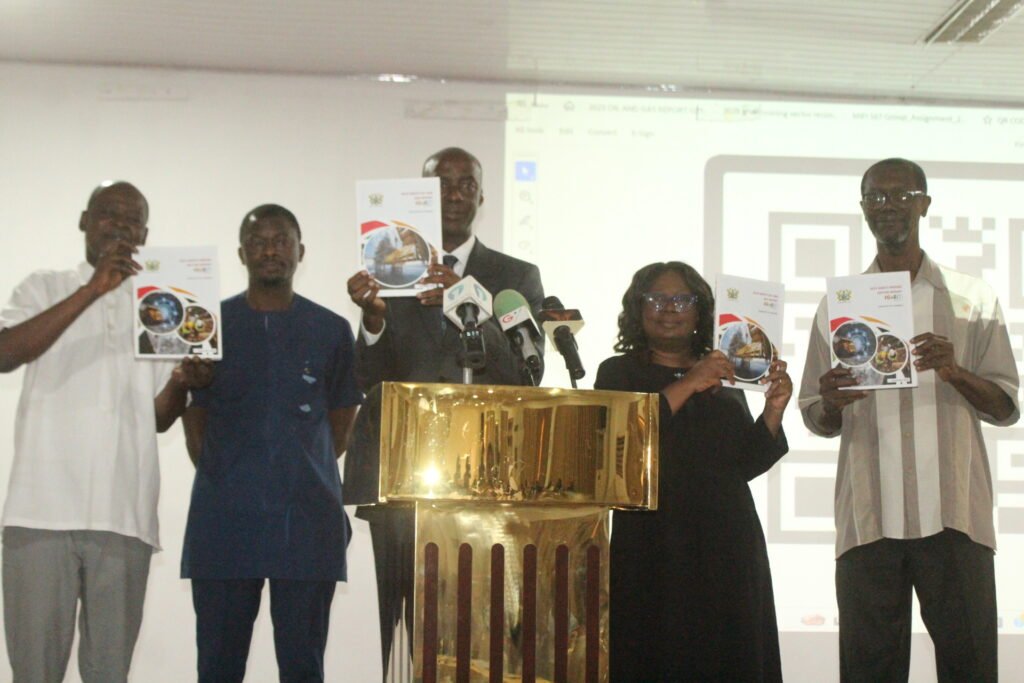




Facebook
Twitter
Pinterest
Instagram
Google+
YouTube
LinkedIn
RSS